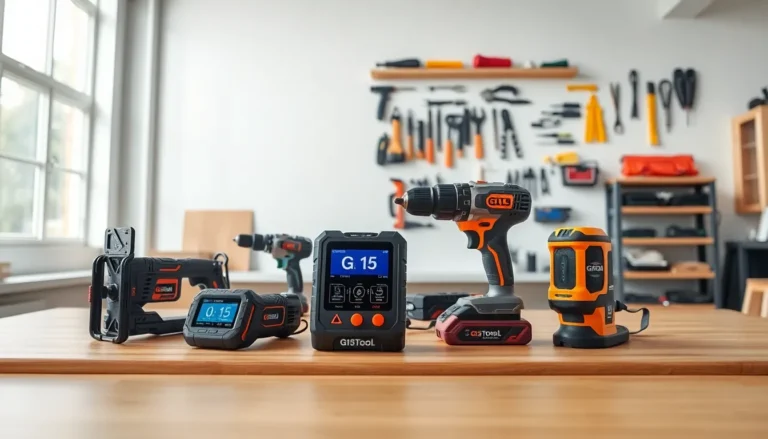There’s a certain kind of joy that comes from finding something rare in a video game, like opening a case and pulling a beautiful skin you didn’t expect. And then there’s the other kind of joy: realizing that thing you just unlocked is actually worth serious money. We’re not talking about a few bucks here and there. We’re talking rent money, car-down-payment money, and in a few wild cases, buy-a-house money.
It might sound a bit out there, but virtual items have been quietly building their own economy for years. Counter-Strike skins are probably the poster child for this shift, but they’re far from the only ones turning pixels into profit.
Skins That Hit Different (In the Wallet)
Cosmetic skins don’t change how a game plays. But they do change how it feels. And if you’ve ever seen a Karambit with a clean Blue Gem pattern, you already know what I mean.
In games like CSGO skins aren’t just visual tweaks – they’re collector pieces. Some of them are so rare, they’ve sold for six figures. And the value depends on all sorts of surprisingly technical things: float value (basically how worn it looks), pattern IDs, StatTrak counters, even souvenir tags tied to pro events.
Many players also look for safe ways to Trade CS2 Skins as prices rise and rare items gain even more attention. Other games have taken note. Dota 2, Rust, and Team Fortress 2 all have skin systems with resale value. But CS still holds the crown when it comes to skins with actual market power. People aren’t just trading for fun – they’re investing, collecting, and in some cases, cashing out hard.
Virtual Real Estate Is a Thing, and It’s Wild
Next up, let’s talk land. Not beachfront property in Cape Town – we’re talking digital real estate.
In games like Entropia Universe, players have bought and sold virtual land for tens or even hundreds of thousands of dollars. One guy even sold an entire in-game planet. Yeah, a planet. Some of this land generates income from other players, kind of like digital rent. Others just hold value because of location, rarity, or nostalgia.
It’s not just MMOs either. Platforms tied to metaverse-style experiences – think Decentraland or The Sandbox – have auctioned off plots of virtual land for jaw-dropping prices. Some users build shops or mini-events. Others just hang onto it and watch the value rise. Sounds familiar, right?
Hats, Pets, and Other Weirdly Valuable Stuff
You’d be surprised what players will spend money on. We’re talking:
- RuneScape’s Party Hats, which were free in 2001 and now go for thousands.
- World of Warcraft’s Spectral Tiger, a shiny mount that can fetch more than a new gaming PC.
- Team Fortress 2’s Unusual Hats, which sell for more than some people’s monthly salaries – especially those with rare particle effects.
There’s no gameplay edge here, just style points and bragging rights. And that’s often enough to make these collectibles incredibly valuable.

Digital Fashion Is Already a Thing (And It’s Growing Fast)
Let’s step outside traditional games for a sec. Digital fashion – yep, that’s a real phrase now – has exploded thanks to platforms like Fortnite and Roblox. Players are buying virtual clothing, shoes, and accessories just to flex their digital look.
- Fortnite teamed up with Balenciaga to drop designer skins.
- Roblox has had collabs with Gucci, Nike, and Tommy Hilfiger.
- Some limited-edition items in these games have resold for thousands.
It sounds wild until you remember: identity online matters. If you’re spending hours in a virtual world, it makes sense you’d want to look your best doing it.
So… What’s the Deal?
It’s easy to laugh at the idea of a $5,000 sword or a $60,000 hat until you realize the economy behind it is massive – and still growing. For some players, it’s a flex. For others, it’s a hobby. And for a surprising number, it’s a real source of income.
From Counter-Strike skins to designer jackets in the metaverse, in-game items are becoming just as valuable (and tradable) as physical ones. The lines are blurring. The wallets are opening. And somewhere out there, someone just sold a pixelated chicken for more than your monthly rent.
And honestly? Power to them.




